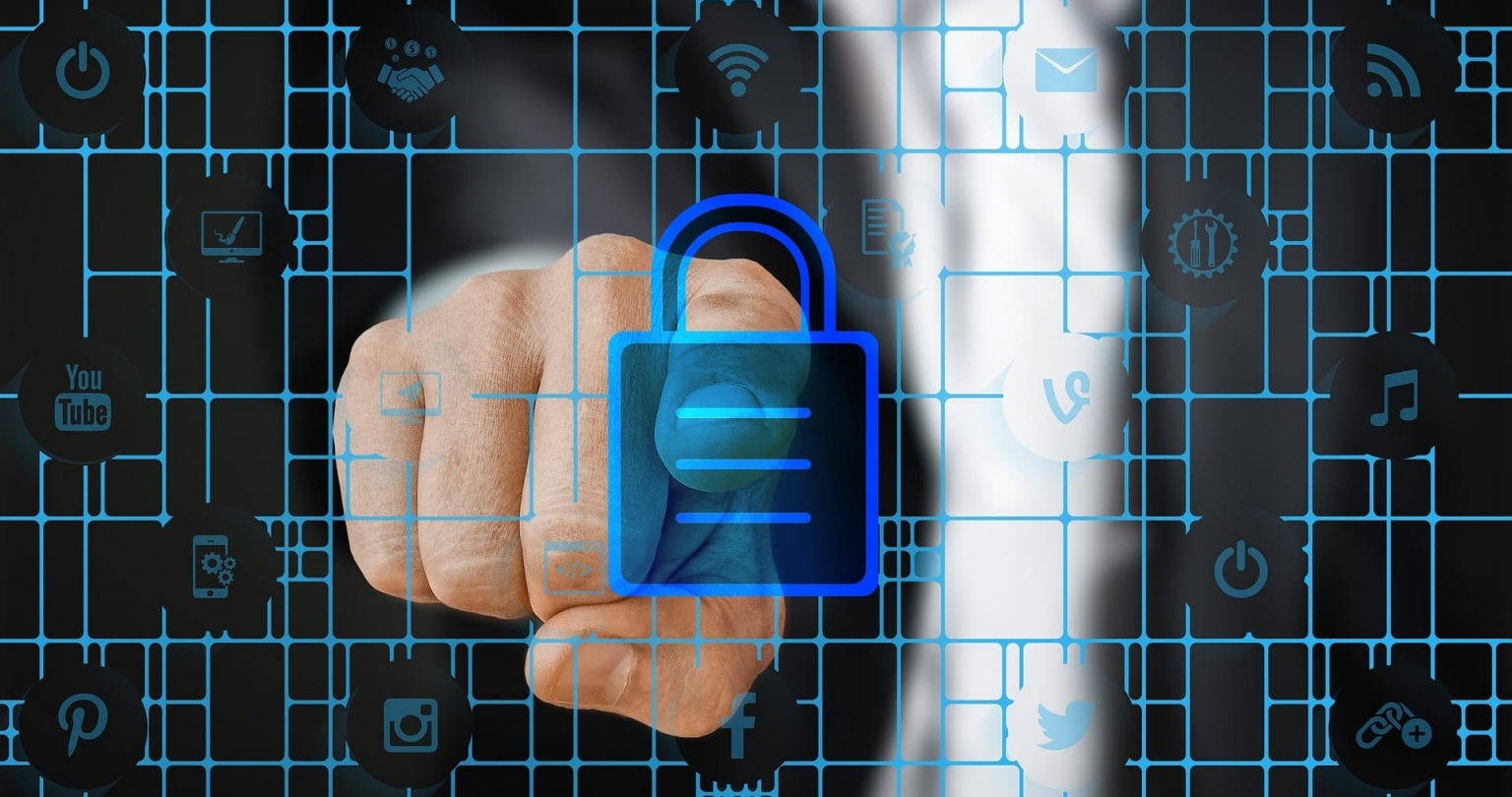
Cyber and Financial Security in the Age of COVID-19
Now that we have all gone online to Zoom our book club and Facetime our grandchildren, trends that were developing over the last few years have catapulted to daily use in just a few months. People who used to drive to the bank are now depositing checks using their phone camera, and electronic payment of everything is becoming the norm.
Most know they should use more secure passwords (and even password manager apps) and two-factor authentication. It is sometimes the lesser known, almost “easy” methods that criminals use to get into our home computers.
Below are some cybersecurity ideas. This list is not an all-inclusive one of things to do, nor is it what to do should your identity be stolen. These are practical ideas to hopefully get you started in protecting your identity.
In our daily use of email in the financial industry, we are always cautious about exchanging personal information. Email is an easy tool for a criminal to learn about your life and insert themselves in it.
Some of the latest scams arise from criminals breaking into your email inbox to gather as much information about your life as possible, potentially even interfering with transactions (e.g., real estate or money transfers). Here are a few ways of protecting your email:
- Closely examine reply emails to verify they have not been co-opted.
- Delete unneeded emails from your email inbox, sent box, and deleted box. If a criminal does get into your email, this step will limit how much they see.
- Do not accept calendar invites that you have not requested.
- Never send sensitive information in an unencrypted form. Better yet, always upload documents to a secure portal.
- Do not open unexpected emails with attachments. Spear-phishing emails can appear to be from someone you know, but the attachment will contain a virus or malware.
Money Movement
We all have transactions that need to get done; and most likely, they will need to get done electronically. But trusting that someone you are working with sent you the right information is no longer feasible.
The scam that is reported in the media is when someone in your company “requests” an invoice get paid (that request actually comes from a criminal). Yet money movement by any one of us opens the door for fraud. Consider the following steps when moving money for any transaction:
- Call to confirm email requests to move money, trade, or change account information. An email is not enough, even when you are expecting that email.
- Be aware of calls, emails, or texts that ask you to provide personal information or even send money. If someone calls you and says they are from a certain company, call them back using a known phone number for the company.
- Frequently monitor bank accounts. Report anything suspicious to your financial institution immediately.
Passwords
It is easy to get complacent when the media reports on websites that get hacked where we perceive less of a threat. But what the thieves are trying to do is steal passwords from one business and then try those passwords with other websites. This works for them because so many people use the same password across many web sites. When it comes to your finances, avoid using the same password ever.
Consider the following tips:
- Create a strong password. Your password should be a combination of 18-26 characters that includes upper and lower case, numbers, and special characters.
- Don’t use personal information as part of your login ID or password, and don’t share login credentials.
- Use a password manager to help manage complex passwords.
- Always use two-factor authentication when available.
Credit
One way to make it a little more difficult for criminals is to freeze your credit. Keep in mind when you do this, you will need to unfreeze it any time a credit check is needed. To freeze your credit, go to:
- Experian: https://www.experian.com/freeze/center.html; or call (888) 397-3742
- Equifax: https://www.equifax.com/personal/credit-report-services/credit-freeze/; or call (800) 685-1111
- TransUnion: https://www.transunion.com/credit-freeze; or call (800) 680-7289
You should also check your credit reports regularly. You are entitled to one free copy of your credit report every 12 months from each of the three nationwide credit reporting companies. To do so, visit https://www.annualcreditreport.com or call (877) 322-8228.
Since you can request a free copy annually, consider checking one company (Experian, Equifax, or Transunion) every four months so you have a better chance at catching something should it show up. Due to COVID-19, all three credit reporting agencies are offering free weekly online reports through April 2021.
Diligence is the key. Which leads to my last point: Work with advisors (financial, accountant, insurance, real estate, mortgage, banker, lawyer, etc.) who treat your personal and financial information as their own. Some of these cybersecurity steps can create more work for them as well (especially with money movement). But once you let your guard down, criminals have a chance at your information.
If you have questions or would like to learn more, contact Jon Meyer at jmeyer@bgmwealth.com
The opinion of the author is subject to change without notice and must be considered in conjunction with relevant regulation, as well as subsequent changes in the marketplace. Any information from outside resources has been deemed to be reliable but has not necessarily been verified. Each individual has unique circumstances to which this information may or may not be relevant. Under no circumstances will this information constitute an offer to buy or sell and it does not indicate strategy suitability for any particular investor.